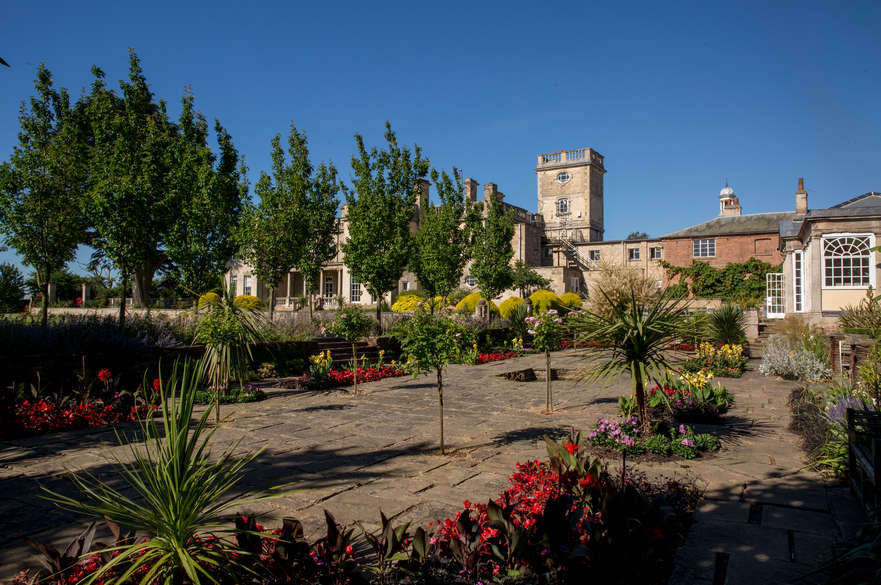Overview
This self-funded PhD project is an in-depth investigation into the complex relationship between photography, landscape and trauma through the analysis of a specific, well-defined and highly original case study proposed by the applicant. We can support projects where photographic media was used to represent sites of trauma, or where photography played a key role in remembering events, yet likewise we are also interested in ways with which images can be used as a way to engage with memory and history in new and innovative ways. In that sense we are purposefully using the three key words in the widest possible sense and are keen to receive applications that push the boundaries of these overlapping areas. The proposed project does not envisage any limits with regards to the geographic location, the historical dates of the case study or the research methodologies used. Rather, we are interested in new and innovative ways in which researchers, historians, photographers, artists or filmmakers engage, through rigorous academic research, with landscapes of trauma, memory and remembrance.
Photography has a well-established however also a very fraught relationship with sites of trauma. Candidates should be aware of this history as well as the key literature that places photography not at the margins, but at the very core of how trauma is represented, how it is impressed on the landscape and how we remember. Building on the work of key authors such as Baer, Azoulay, Linfield and Iversen, photography is not simply a bystander to history, but it is an active element in the way memories of and about sites of trauma are shaped. Equally, photography has also been used as a way to alter, subvert or even deny historical events altogether. The role of photography in these instances is immensely powerful and we envisage that opportunities for further research in the proposed areas is vast. The successful applicant will be supervised by Dr. Marco Bohr, Associate Professor in Design and Digital Arts and Dr. Katja Hock, Senior Lecturer in Fine Art.
The PhD project can be completed either through the traditional pathway of a PhD by thesis, or the practice-based pathway of a PhD by thesis combined with a substantial body of practice. Applicants interested in this PhD project area are asked to narrow the line of enquiry in a well-defined PhD proposal of no more than 1,500 words (not including references). Under clear headings, the proposal needs to contain the following information: a relevant title for the project, an outline of the chosen research question or focus, a brief overview of existing academic work on or connected to the topic and details of the methodology. Further information and help on writing a research proposal can be found here: https://www.ntu.ac.uk/study-and-courses/postgraduate/phd/how-to-apply/writing-a-research-proposal Further information about Research Degrees at NTU as well as the application process can be found here: https://www.ntu.ac.uk/research/research-degrees-at-ntu
The successful applicant will join one of the country’s leading art and design schools which has been influencing, inspiring, and innovating since 1843. Buoyed by recent successes such as the QS subject top 100 world ranking, the school has a vibrant, forward-looking and expanding research community where collaboration, experimentation and interdisciplinarity are embraced and actively encouraged. The successful applicant will be part of the Creative Practices, Methods and Analysis CPMA research cluster. More PhD opportunities are listed on the CPMA website: https://www.ntu.ac.uk/research/groups-and-centres/groups/creative-practices,-methods-and-analysis
Enquiries about this self-funded PhD opportunity can be directed to Dr. Marco Bohr at marco.bohr@ntu.ac.uk.
Staff profiles
Entry qualifications
Entrants must have a Bachelors and a Masters Degree in a subject area relevant to the PhD research. Each degree must have been obtained with a minimum 2:1 classification (or international equivalent). English language fluency is essential.
How to apply
Applications for this PhD are accepted all year round.
Please visit our how to apply page for a step-by-step guide and make an application.
Fees and funding
This opportunity is for self-funded PhD students. Applicants are encouraged to apply for external funding and we will support this process if and when required.
Find out about fees and funding for PhD projects.
Guidance and support
Find out about guidance and support for PhD students.
